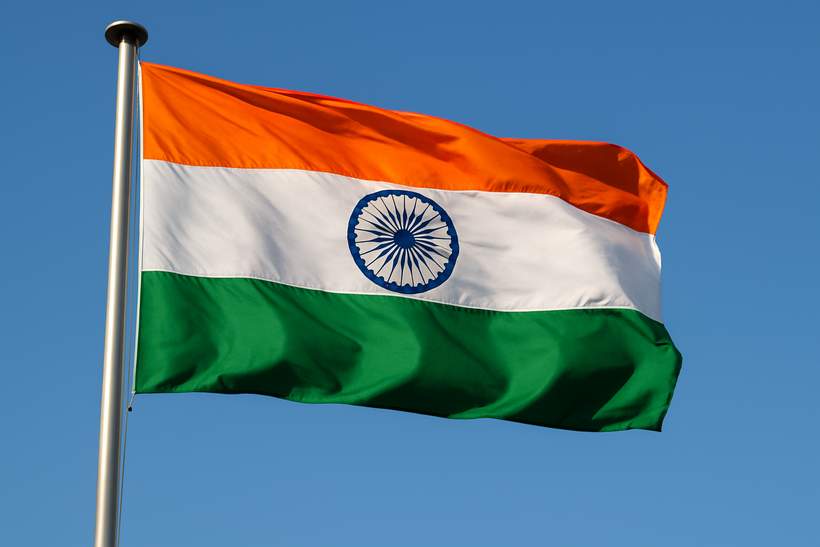India Raises GST on Real Money Gaming and Betting to 40%

India’s Goods and Services Tax (GST) Council has approved a significant increase in taxes on several gaming and betting activities. From September 22, the GST rate on online real money gaming, casinos, lotteries, race clubs, and betting will rise from 28% to 40%. This marks the second major tax revision in this sector within two years.
Increased GST for Gambling Services, Reduced Tax on Household Games
The Council reached this decision during its 56th meeting in New Delhi. The elevated tax rate positions these gaming and betting services alongside other “sin goods,” such as alcohol, tobacco, and pan masala, reflecting the government’s stance that these activities can negatively affect society. Despite the hike, businesses will still benefit from input tax credits.
This tax update follows closely after Parliament enacted the Promotion and Regulation of Online Gaming Act 2025 (PROGA), which bans real-money online gaming nationwide due to concerns over fraud, money laundering, and illegal financing. The law exempts esports and casual games that don’t involve betting.
In contrast to the higher rate on gambling services, the GST on family and household games like chess, carrom, and playing cards has been reduced from 12% to 5%. This change encourages the public to engage in non-monetary recreational activities while discouraging gambling.
Challenges for the Gaming Industry Amid Tax Hikes and Legislation
The gaming sector has expressed concern over these developments, with many companies already facing difficulties since the ban on real money platforms led to numerous closures in August. For example, Flutter Entertainment shut down its Junglee site following the enactment of PROGA. Industry bodies such as the All India Gaming Federation (AIGF) and the E-Gaming Federation (EGF) are challenging the new law in court, arguing that it threatens to dismantle a rapidly growing industry.
The Supreme Court is also reviewing a separate dispute involving back taxes potentially amounting to INR 2.5 lakh crore (around $30 billion), with companies like Gameskraft and Delta Corp involved. The verdict will likely have a significant impact on the industry’s financial prospects, regardless of the latest tax changes.
There remains uncertainty about how the government will implement the 40% tax. Should the tax apply to player deposits rather than casino revenue, many businesses could face closure, possibly triggering more legal battles.
While states have not opposed the tax increase, regions heavily dependent on revenue from casinos and race tracks, such as Goa and Sikkim, will face financial challenges. The government’s firmer approach with heightened taxes and the ban on real money gaming highlights a strict regulatory environment, exerting considerable pressure on gaming companies.